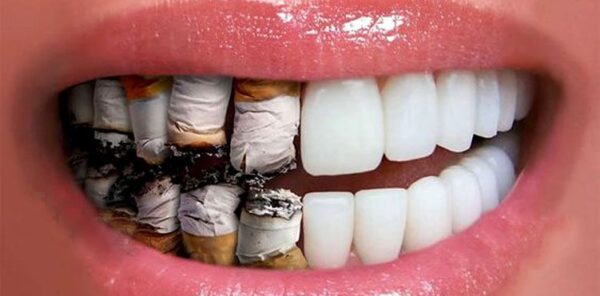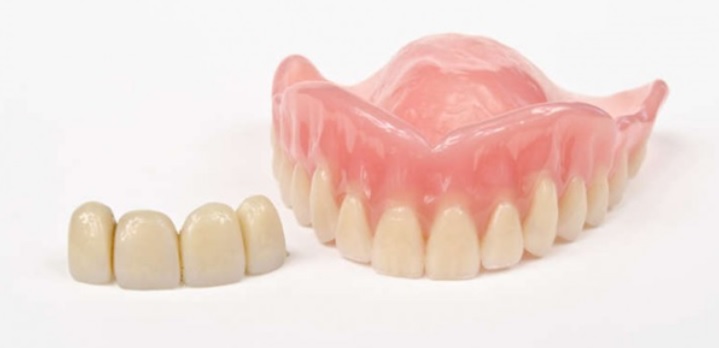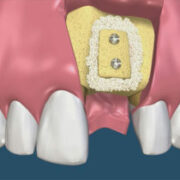Smoking or tobacco consumption has long been known to cause numerous dental health problems, including cancer and other issues.Tobacco can cause gum disease, tooth loss, and even oral cancer. Even if you don’t smoke, second-hand smoke can still cause damage to your oral health. It’s important to be aware of the dangers of tobacco and how it affects your oral health so that you can take the necessary steps to protect yourself. Studies have shown that smoking is a major risk factor for developing gum disease, tooth decay, and even oral cancer.
Overview: Dangers of Smoking on Oral Health
Smoking is associated with numerous health issues, including an increased risk of oral health problems. In fact, gum disease is one of the earliest oral health problems to be linked to smoking. Other oral health issues linked to smoking include tooth decay, poor oral hygiene, bad breath, and more serious oral health problems such as oral cancer.

Smoking damages the gums, which can result in gingivitis and, over time, periodontal (gum) disease. It also alters the way the body responds to stimuli, making it more difficult for the body to heal and fight infections. This can lead to tooth decay and an increased risk of cavities. Smoking also reduces the amount of saliva in the mouth, which can lead to bad breath.
Smoking affects Oral Health
The harmful effects of smoking on oral health include tooth decay, gum disease, and an increased risk of oral cancer. Smoking is also associated with an increased risk of impotence in men. Smoking can lead to tooth decay. Tobacco contains acids and other substances that can erode tooth enamel, making it easier to get cavities. Smoking increases the risk of developing gum disease.
Smoking can irritate and damage the gums. Over time, this can lead to periodontal (gum) disease, which is when the infection travels beyond the gums and bacteria can travel into your bloodstream. Smoking increases the risk of oral cancer. There is some evidence that smoking may increase the risk of oral cancer.
Effects of second-hand smoke on Oral Health
Second-hand smoke is just as dangerous as regular smoking and can cause health issues. Second-hand smoke contains many of the same harmful chemicals as regular cigarette smoke. These toxins can irritate the gums, increasing the risk of gum disease, and they can also cause other oral health issues such as tooth decay, bad breath, and cancer. Research has shown that people who breathe in second-hand smoke are at an increased risk of developing gum disease, tooth decay, and other oral health issues.

Protect yourself and family from dangers of Smoking
The best way to protect yourself and your family against the dangers of smoking are to stop smoking. Even if you don’t smoke, you can still be at risk of developing dental health issues due to second-hand smoke. There are several ways to protect yourself against the dangers of smoking, including quitting smoking and using protective equipment such as a vaporizer or an air filter. These measures can help reduce the risk of oral health issues due to smoking. See below for more information on how to protect yourself and your family against the dangers of smoking.
Treatments for oral health problems caused by Smoking
Fortunately, most oral health issues caused by smoking can be treated with proper oral hygiene and regular dental checkups. Treatment for gum disease and tooth decay caused by smoking can include professional cleaning and fluoride treatments. If oral health issues caused by smoking become more serious, such as oral cancer, treatment may involve antibiotics, surgery, or chemotherapy.
Resources for quitting smoking
It’s important to be aware of the risks of smoking and the dangers of tobacco, so you can take the necessary steps to protect yourself and your family from these health issues. It can be difficult to quit smoking, but it is definitely possible with the right support. If you are struggling to quit smoking or would like to avoid starting in the first place, there are many resources available to help.

Conclusion
Smokers are at a higher risk of developing these issues, so it’s even more important to get regular preventive care. It’s important to be aware of the risks of smoking and be vigilant about your dental health, so you can take the necessary steps to protect yourself.






